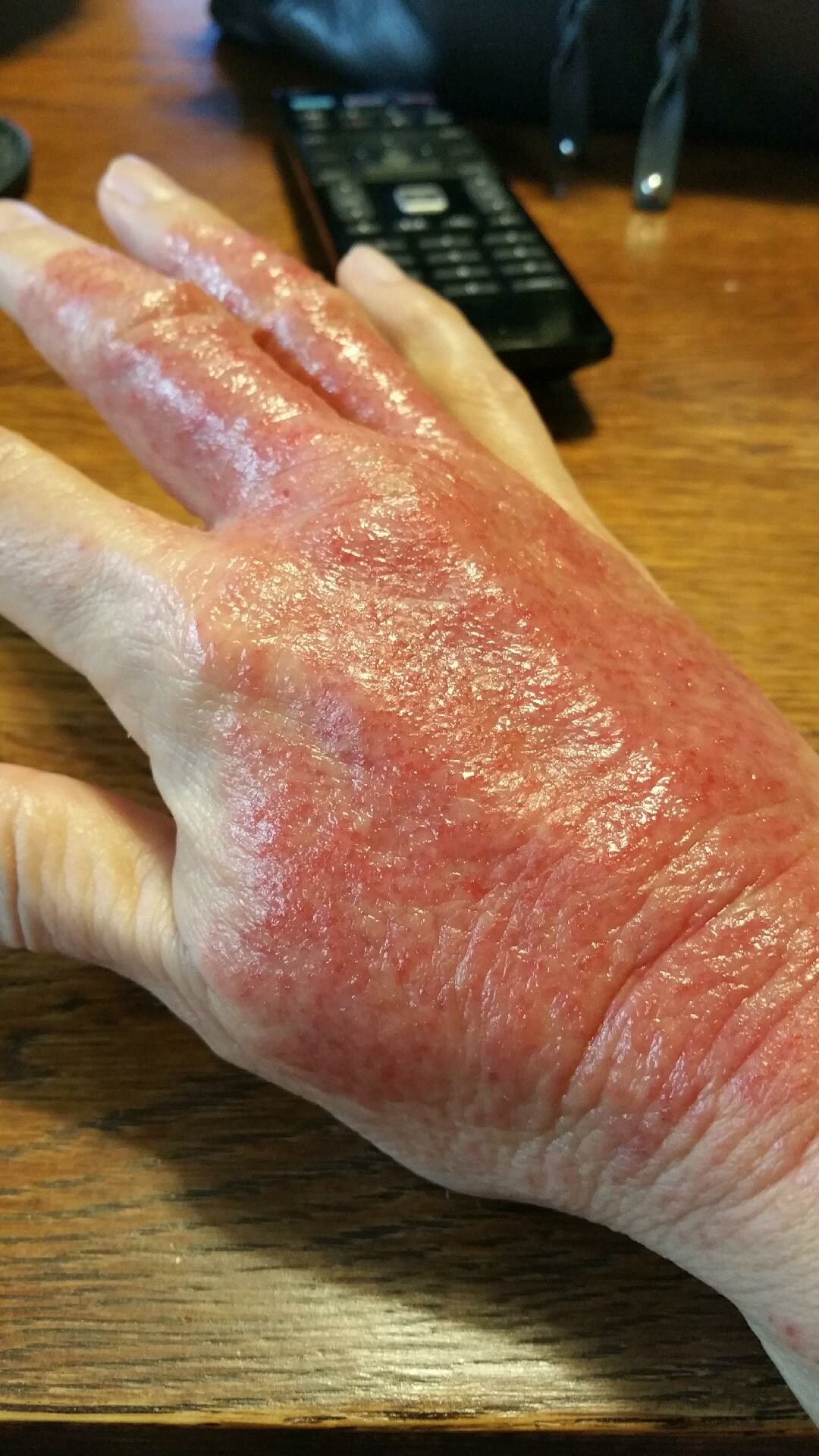
Updated: 12/04/2022
One doctor said "Alzheimer's begins as much as 30 years before you ever experience the first symptom".
We all decline as we age. We are imperfect. We have no control over that. However, there are some things which we do have control over that can help us manage, or slow down, this age-related brain decline.
What You Can Do
- Drink Water > your brain is 75% water
- Increases blood flow which increases oxygen
- Regulates stress and anxiety which promotes a calm mind that will lead to a restful night's sleep
- Increases the temperature of the brain allowing the removal of toxins and dead cells
- Trying to function with a dehydrated brain is like trying to clean with a dried-up old sponge.... can contribute to:
- Loss of concentration, inability to focus or think
- Decreased memory function, inability to memorize
- Fat > your brain is a minimum 60% fat and is the fattiest body organ
- Cholesterol
- Highest content than any other organ
- 25% of body's cholesterol is in the brain
- Blood-brain barrier prevents brain from taking up cholesterol from the blood
- "The brain is its own cholesterol-making machine"
- So important to brain function that it makes its own
- More stable than cholesterol found in any other organs
- When broken down it gets recycled within the brain to make new cholesterol
- No-Fat Diets are a "NO-NO" ..... your body needs some fat intake
- Healthy fats like these plant-based Omega 3s
- Cholesterol
- GABA > the "brakes of the brain" .... facilitates sleep, reduces mental and physical stress, lowers anxiety and creates a calmness of mood. It's most important function is in your brain. Low GABA activity can result it:
- Anxiety
- Chronic Stress
- Depression
- Difficulty concentrating and memory problems
- Muscle pain and headaches
- Insomnia and other sleep problems
- Potassium> being part of the nervous system your brain contains 100 billion neurons. (10% of brain)
- Single most important mineral to human health and longevity
- Essential for normal electrolyte and pH balance within cells
- Allows brain cells to communicate with each other
- Affects learning
- Trouble retaining information
- Trouble focusing
- Brain fog
- Affects metabolism and release of hormones
- Helps reduce both systolic and diastolic blood pressure
- Memory loss and confusion are common side effects of low potassium
There are studies that indicate a direct link between an increased amount of potassium and a correlating increase in GABA giving further evidence of just how important this vital mineral is for supporting age-related brain decline. So, how can a person get more potassium?
There are many food sources that provide a good source of potassium. Immediately, bananas may come to mind. However, there is a super nutrient-dense food that has 4 times the potassium as bananas! That is just mind-blowing!!
The wolfberry, from the Ningxia Province of China, is this super nutrient-dense food.
This area is well-known for it's high-nutrient soil content making Ningxia Wolfberry unique for it's nutrient values. It is the highest known antioxidant food working hard to protect your DNA from damage and mutations.
Want to reduce the effects of Age-Related Brain Decline? Start by increasing your potassium with Ningxia Wolfberries.
Not sure where to start? See if my Health and Wellness Service is right for you by clicking here.





















0 Comments